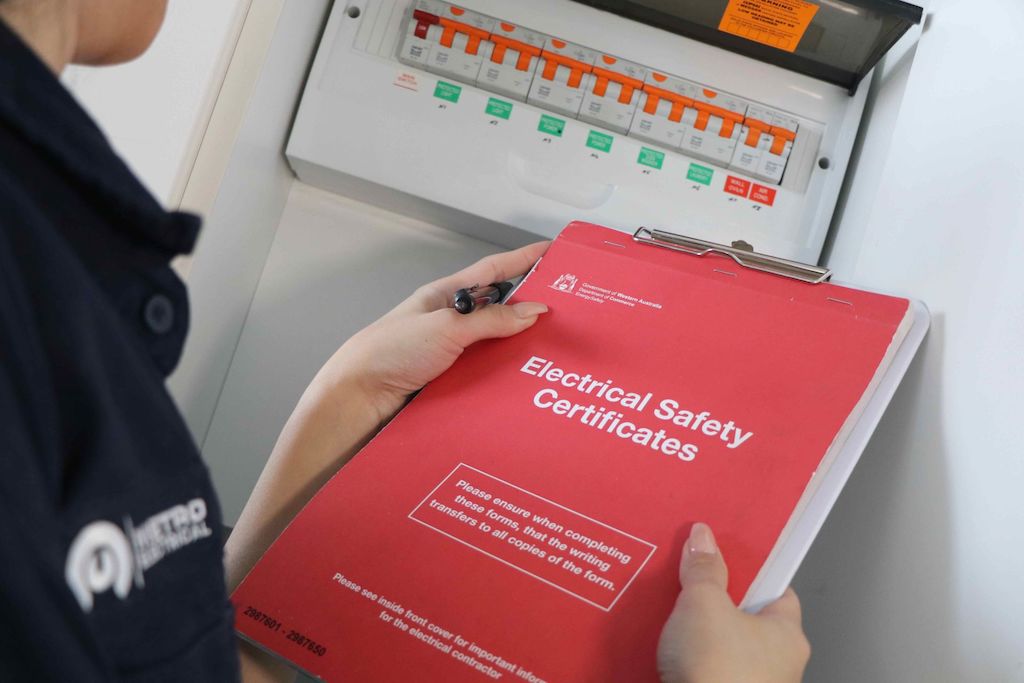Electrical Safety Certificate of Compliance in Perth
Obtaining Compliance Certificates in Perth for sale or rent of a property
Cost of Compliance Certificates
The cost of obtaining an electrical safety certificate for a house is $165. If the property is not compliant and needs replacement of RCD’s or smoke alarms or does not have them installed the cost will vary and we can quote you a price to bring your property to a compliant standard ensuring that your property is safe for sale or rent and fulfil your oblations as the property owner.
Ensuring the safety and compliance of residential properties is a regulatory requirement to sell or rent out a property. Among the key pillars of electrical safety are the Residual Current Devices (RCDs) and smoke alarms, instrumental in preventing electrical accidents and fire outbreaks, respectively. As these devices become increasingly integral to property conveyancing, renting and selling processes in Perth, obtaining an electrical certificate of compliance emerges as a crucial step. This certification not only affirms the electrical safety of a property but also aligns with landlord obligations, marking a property ready for the market or occupancy.
Steps to Obtain a Compliance Certificate
1. Verification by a Licensed Electrician: To secure an electrical safety certificate, property owners must have their RCDs and Smoke alarms inspected by a licensed electrician. This ensures that all electrical installations meet the required safety standards.
2. Issuance of the Certificate: Following a successful inspection, the electrician will issue an electrical safety certificate, confirming that the electrical work has been completed, tested, and complies with all regulatory requirements.
3. Record Keeping: It is mandatory for the electrical contractor to retain a copy of the electrical safety certificate for a minimum of five years as a record of compliance.
Importance of RCD and Smoke Alarm Compliance
Why Compliance Matters
Compliance with Residual Current Devices (RCDs) and smoke alarm regulations is crucial for safeguarding homes against electrical faults and fire hazards. In Western Australia, RCDs are designed to immediately interrupt the electrical supply when leakage is detected, significantly reducing the risk of electric shocks or fires. Smoke alarms, on the other hand, are essential for early fire detection, providing residents with the critical time needed to evacuate safely. For Metro Electrical, ensuring that properties meet these safety standards is not only about legal adherence but also about protecting lives and properties from potential disasters.
Legal Requirements in Perth
In Perth, the legal requirements for RCDs and smoke alarms are stringent, reflecting the importance placed on electrical safety. All residential properties must have at least two RCDs installed to protect all power points and lighting circuits. Additionally, smoke alarms must comply with AS 3786:2014 and must be installed on every level of the home, near every bedroom, and in hallways connecting bedrooms to the rest of the dwelling. These alarms must be less than ten years old and interconnected in homes where renovations have occurred or new homes built after certain dates. Failure to comply with these regulations can result in significant fines, with penalties reaching up to $15,000 for non-compliant RCD installations and up to $5,000 for non-compliant smoke alarms. Metro Electrical emphasises the importance of these installations not only for compliance but for the overall safety and security they offer to residents.
Understanding RCDs
What is an RCD?
A Residual Current Device (RCD) is a crucial safety mechanism designed to prevent fatal electric shocks and provide protection against electrical fires. It detects and interrupts the electrical circuit when it senses electricity flowing through an unintended path, such as a human body or a faulty appliance, thereby significantly reducing the risk of electrocution and fire hazards.
How RCDs Work
RCDs continuously monitor the electric current flowing through the circuits they protect. If an RCD detects an imbalance in the electrical current, indicating a leakage to earth, it promptly shuts off the power supply. This action occurs within milliseconds, which is critical in preventing serious injuries or death. RCDs are particularly effective in environments where the risk of electric shock is high, such as bathrooms and gardens.
Benefits of Installing RCDs
Installing RCDs offers several advantages:
1.Enhanced Safety: RCDs provide a high level of personal protection against electrical shocks, far superior to that of fuses and circuit breakers, which do not protect against all types of faults.
2. Fire Prevention: By detecting and interrupting faults early, RCDs help prevent electrical fires that can arise from faulty wiring or malfunctioning appliances.
3. Compliance with Regulations: RCD installation is mandated by law in many areas for both new and existing homes, reflecting their importance in electrical safety standards. Non-compliance can result in substantial fines, emphasising the need for proper installation and maintenance.
4. Cost-Effective: While the initial installation cost may vary, the protection RCDs provide makes them a valuable investment for the safety of residents and properties. Portable RCDs offer a more affordable option, though they provide more limited protection.
For Metro Electrical, ensuring that all installations and maintenance of RCDs are performed correctly is paramount to safeguarding your home or business against electrical risks. Regular testing and professional assessments are recommended to maintain their efficacy and compliance with safety standards.
Understanding Smoke Alarms
Types of Smoke Alarms
Smoke alarms are essential for early fire detection and can be categorised into two main types: ionisation and photoelectric. Ionisation smoke alarms are sensitive to the small particles produced by flaming fires, utilising a small amount of radioactive material to detect changes in electrical current caused by smoke. Ionisation smoke alarms are now non compliant and to comply Smoke alarms in all dwellings now must be photoelectric (AS3786:2014) . Photoelectric smoke alarms are more effective at detecting smouldering fires, as they use a light beam to sense large smoke particles typical of such fires. Metro Electrical emphasises the installation of photoelectric smoke alarms due to their effectiveness in modern homes, where synthetic materials prevalent in furnishings can smoulder and produce significant smoke.
How Smoke Alarms Work
Ionisation smoke alarms function by detecting the interruption of an electrical current between two plates, which occurs when smoke particles enter the detection chamber. Photoelectric alarms, on the other hand, operate by detecting the disruption of a light beam within the chamber, triggered by smoke particles. Both technologies are crucial for comprehensive fire safety, with each type offering distinct advantages depending on the nature of the fire.
Placement and Maintenance
The placement of smoke alarms significantly influences their effectiveness. Metro Electrical recommends installing smoke alarms near every bedroom, living area, and hallway, as well as on each level of multi-storey homes. Areas prone to false alarms, such as near kitchens or garages, should be equipped with alternative solutions like heat alarms to avoid nuisance alarms. Regular maintenance, including monthly testing and semi-annual cleaning, is essential to ensure functionality. All smoke alarms, regardless of type, should be replaced every ten years to maintain optimal performance and safety standards.
Choosing the Right Electrician
Selecting a qualified and experienced electrician is crucial for obtaining a valid electrical safety certificate. Homeowners should look for electricians who are licensed and have a good reputation in the industry. It is advisable to choose electricians who specialise in compliance checks, as they are more familiar with the regulations and can ensure you’re compliance. Metro Electrical, being a leading provider in Perth, ensures that all electrical compliance is handled efficiently, offering peace of mind to property owners.
Conclusion
Throughout this exploration into the significance of RCD and smoke alarm compliance, we’ve unveiled the layers of importance these safety devices hold, not just in compliance with Perth’s stringent legal standards, but more imperatively, in safeguarding the lives and properties they cover. The intricate roles RCDs and smoke alarms play in providing early warnings and preventing potential disasters have been highlighted, along with the comprehensive process for obtaining an electrical compliance certificate. It’s clear that the path to ensuring a property’s safety and market readiness involves more than simple installations; it requires a thorough understanding of the devices’ functions, regular maintenance, and a commitment to adherence to legal standards.
Metro Electrical, emphasising the essence of electrical safety and compliance, stands at the forefront in assisting property owners to navigate these regulations seamlessly. Ensuring your property meets all required safety standards is not just a regulatory step, but a crucial measure in protecting your investment and the lives that reside within. As part of a proactive approach to electrical safety, property owners are encouraged to stay informed and make educated decisions about their compliance needs. Call to book in to get your RCD, Smoke alarm Compliance Certificate, and empower your property with the seal of safety and compliance, ensuring peace of mind and legal security in one coherent step.
FAQs
1. What are the legal requirements for installing smoke alarms in Western Australia (WA)?
In WA, all residential buildings are required to have smoke alarms connected to the mains power supply before they can be sold or rented. There are exceptions where battery-powered smoke alarms can be used, but these must be equipped with a 10-year non-removable battery and signed off by an electrician that it is not possible to hard wired the smoke alarm.
2. What is the cost of a smoke alarm and RCD test in Perth?
In Perth, you can ensure your smoke alarms and RCD safety switches are compliant through an annual check or when you sell or rent out your property. The cost for this service is $150.00 plus GST. This fee covers testing your RCD and smoke alarms and determining if they are compliant and functioning properly.
3. Is an electrical safety certificate necessary when selling a house in Western Australia?
Yes, when you sell or lease a property in Western Australia, you must obtain an electrical safety certificate. This certificate confirms in the property there are RCDs and Smoke alarms installed and they comply with your obligations to when selling or renting your property.

